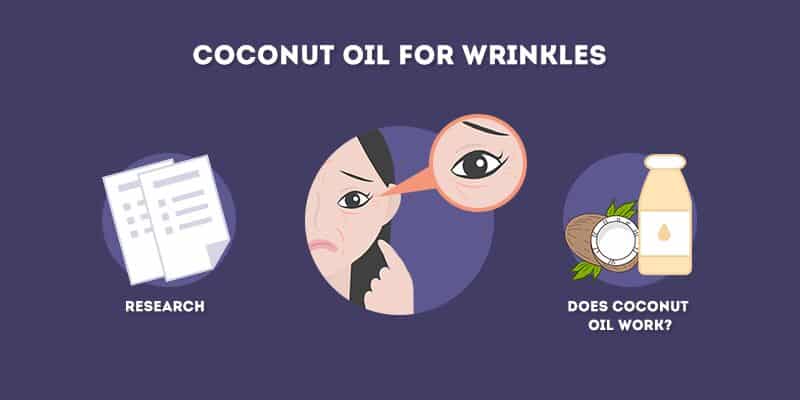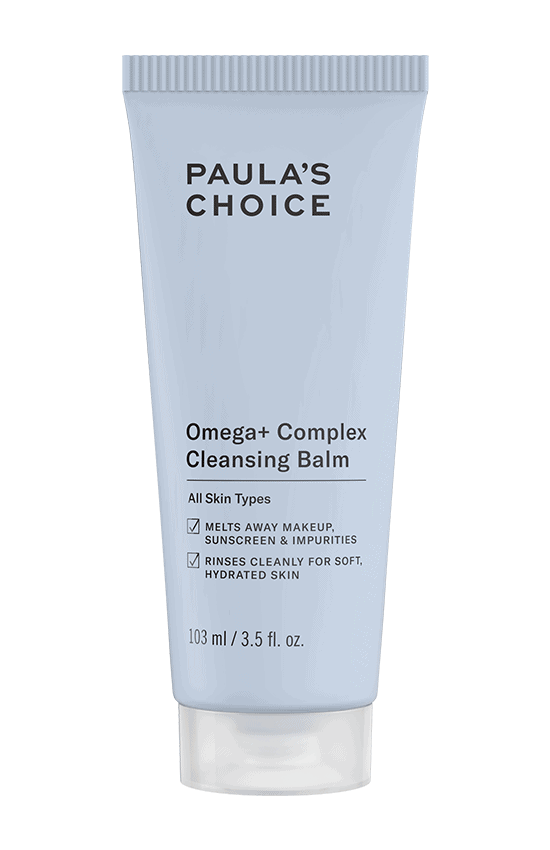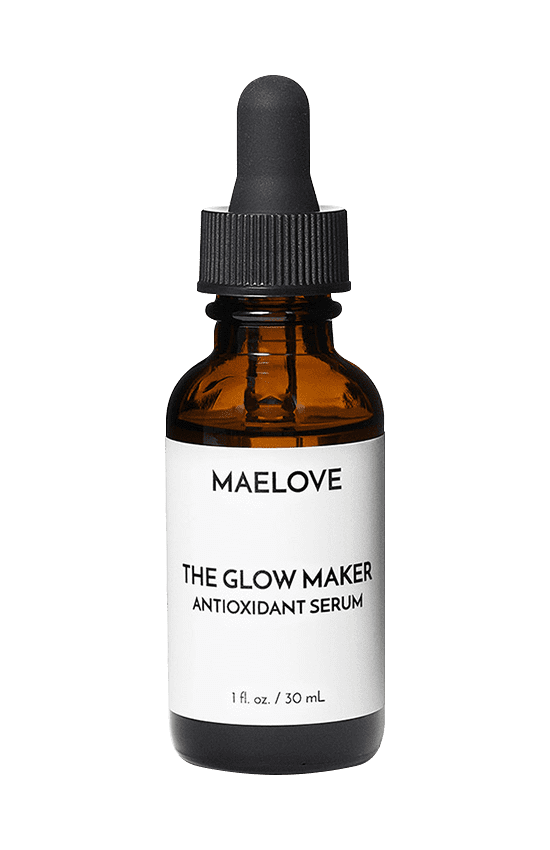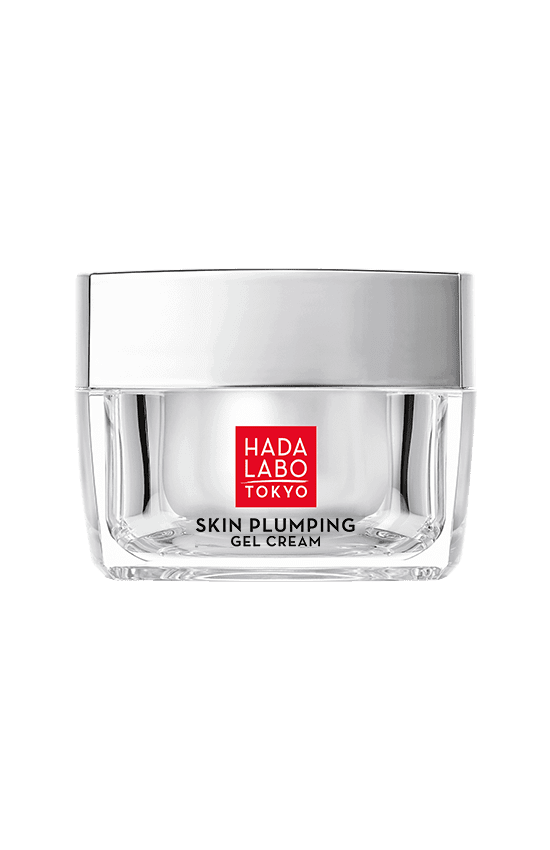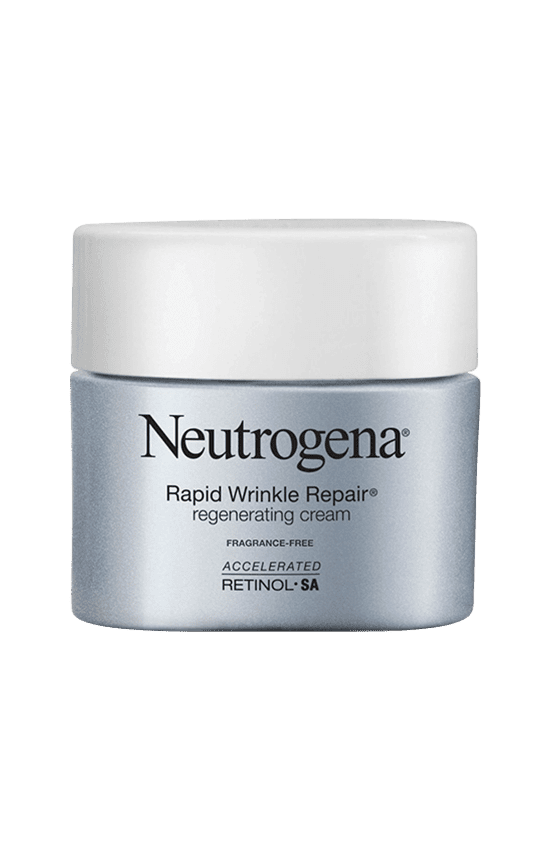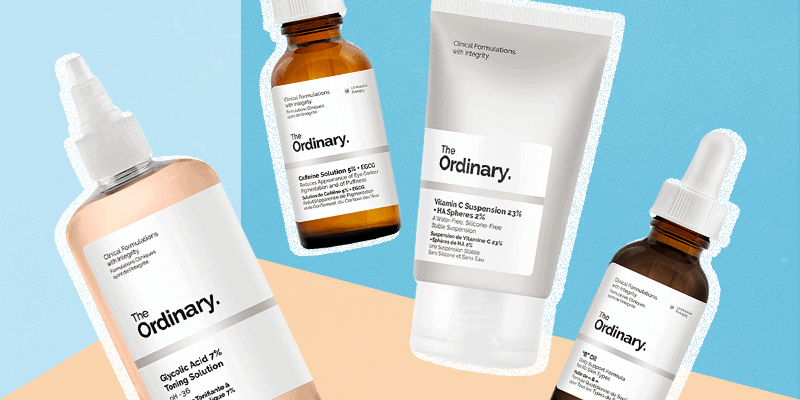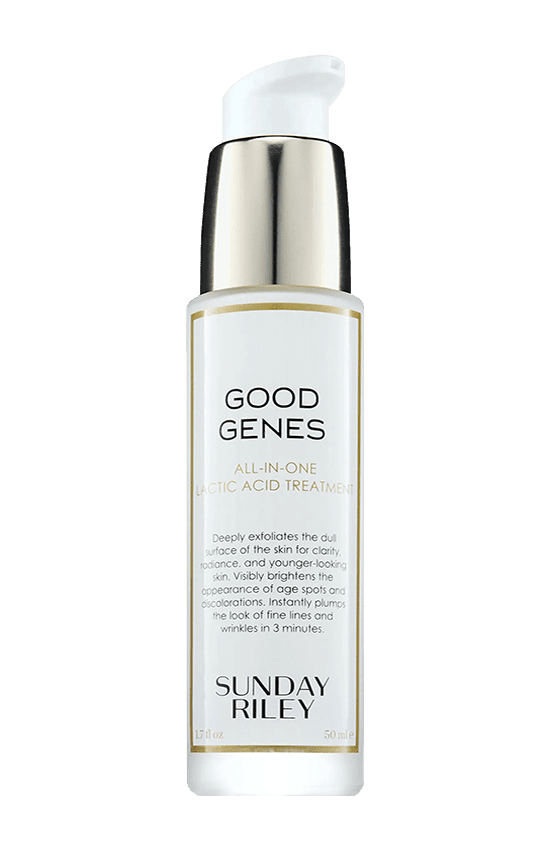Recently, coconut oil has been perpetuated by the media and beauty bloggers as a miracle product. Unfortunately, coconut oil does not contain any wrinkle fighting properties. Because of this, experts do not recommend coconut oil for wrinkles.
Does Coconut Oil Help Wrinkles?
One of the biggest fad products in the last few years has been coconut oil. Although people have reported that this oil can help to prevent and reduce the appearance of wrinkles, this evidence is entirely anecdotal. There is no conclusive evidence that coconut oil can aid in the fight against wrinkles.
What About Coconut Oil for Face Wrinkles?
Although many bloggers swear by using coconut oil on their face, it simply will not improve the appearance of wrinkles. Ultimately, coconut oil does not contain any ingredients or mechanisms that can permanently improve skin texture. What users report is anecdotal evidence of temporary improvement likely due to the moisturizing properties.
Coconut Oil for Wrinkles Studies
Coconut oil contains vitamin E, a vitamin that has been reported to help guard against wrinkles. However, to date, there has been no conclusive evidence that vitamin E can improve wrinkles or fine lines. When experimenting with ingredients to help in skin rejuvenation, it is better to limit your trials to products that have a history of showing improvement.
Alternatives to Using Coconut Oil for Wrinkles
Fortunately, there are a lot of options on the market that have been proven to be effective when looking for ways to minimize wrinkles. Here are five of the best solutions to consider:
1. Wear Sunscreen
The single best thing that you can do to preserve your skin on a daily basis is to wear sunscreen. The regular use of a broad-spectrum sunscreen of at least SPF 30 will protect your skin from the harmful effects of UVA and UVB rays. As the first line of defense against premature skin aging, it is foolish to not incorporate sunscreen into your regular skincare routine.
2. Daily Use of Alpha Hydroxy Acids (AHAs)
Derived from fruit and milk sugars, AHAs are the gold standard of treatment in the fight against skin aging. Because of their proven effectiveness in penetrating deep into the skin, glycolic acid and lactic acid are the most commonly used AHAs when looking to reduce wrinkles and fine lines. These AHAs work as topical exfoliants, sloughing away dead skin cells and promoting the regeneration of fresh and new skin cells in their place.
3. Vitamin C Serums
As a topical agent, vitamin C provides a host of benefits in the quest to achieve beautiful and more youthful appearing skin. Also known as ascorbic acid, this powerful ingredient uses its immense antioxidant properties to brighten the skin and even out unruly skin tone. The ascorbic acid helps the skin to defend itself against environmental impurities and other stressors.
4. Topical Retinoids
Available in both over the counter and prescription strength, retinoids are a superstar in the battle against facial wrinkles. Although they were initially used to treat acne, their ability to stave off premature skin aging quickly became apparent. Retinoids work by stalling the breakdown of skin-boosting collagen and encouraging skin cells to regenerate more quickly. By thickening the skin over time, retinoids can help to slow down the aging process of the skin.
5. Chemical Peels
Gaining in popularity, chemical peels work by using a solution to remove the dead layers of skin. What is left in its place is a fresher and more youthful looking skin appearance. The newer skin has fewer wrinkles and is also smoother. This non-surgical procedure can be performed in a doctor's office or even at some day spas. In short, chemical peels are a convenient choice when looking for a fast and easy treatment option.
FAQ:
Does coconut oil clog pores?
Despite its many useful health purposes, coconut oil can be one of the worst offenders when it comes to clogging the pores on the surface of the skin. Suneel Chilukuri, MD and founder of Refresh Dermatology, said that the much-heralded antioxidant benefits of coconut oil are negated by its tendency to clog pores. In agreement with Chilukuri is Craig Austin, MD. Austin reiterates that because coconut oil is so thick, it basically just sits on tops of the dermis and traps bacteria and dead skin cells in the pores, causing acne and other irritations to develop.
Can you mix baking soda and coconut oil for wrinkles?
Although baking soda has a myriad of uses, using it on your face should not be one of them. Baking soda is not effective for wrinkles and can irritate the skin. The basic pH of baking soda can disrupt the skin's natural pH level. Ultimately counteracting the acidity and removing the helpful bacteria that work to fight off infection and acne.
Does coconut oil help with forehead wrinkles?
There is no evidence to show that using coconut oil will improve forehead wrinkles. In fact, it can actually clog pores and lead to breakouts.
Does coconut oil make wrinkles worse?
Although coconut oil won't make wrinkles worse, studies have shown they certainly won't make them better. Take care in using this product on the face because the oil can clog pores and cause acne.
Can you use coconut oil under your eyes?
You can use coconut oil under the eyes without fear of harm, but it will not help to reduce the appearance of dark circles or eye wrinkles. However, the hydrating properties of the product can work as a good moisturizer if you do not have acne prone skin.
Coconut Oil for Wrinkles: Summary
- Studies show that coconut oil is not effective for wrinkles
- There are many alternatives to coconut oil, including: sunscreen, exfoliants, retinoids and chemical peels
